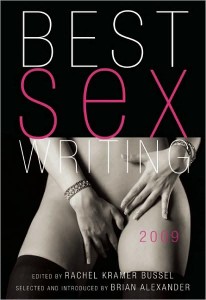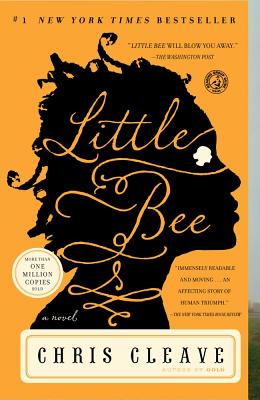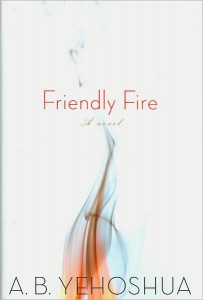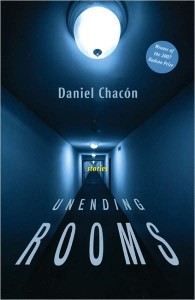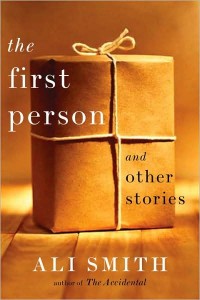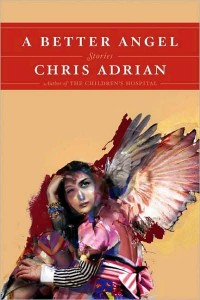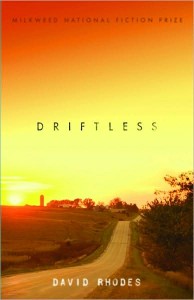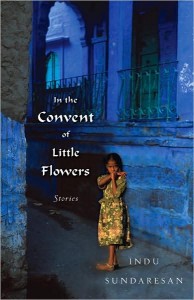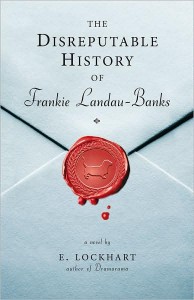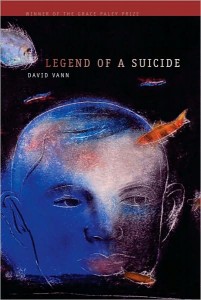Best Sex Writing 2009, by Rachel Kramer Bussel
by Laura Roberts
With her personal take on the best of sex writing from 2009 (or, rather, 2008; the title is a bit of a misnomer), Rachel Kramer Bussel notes that “You don’t have to look far to find sex, but you do have to get a bit bolder when looking for writing and thinking about sex that doesn’t play to the lowest common denominator.”

